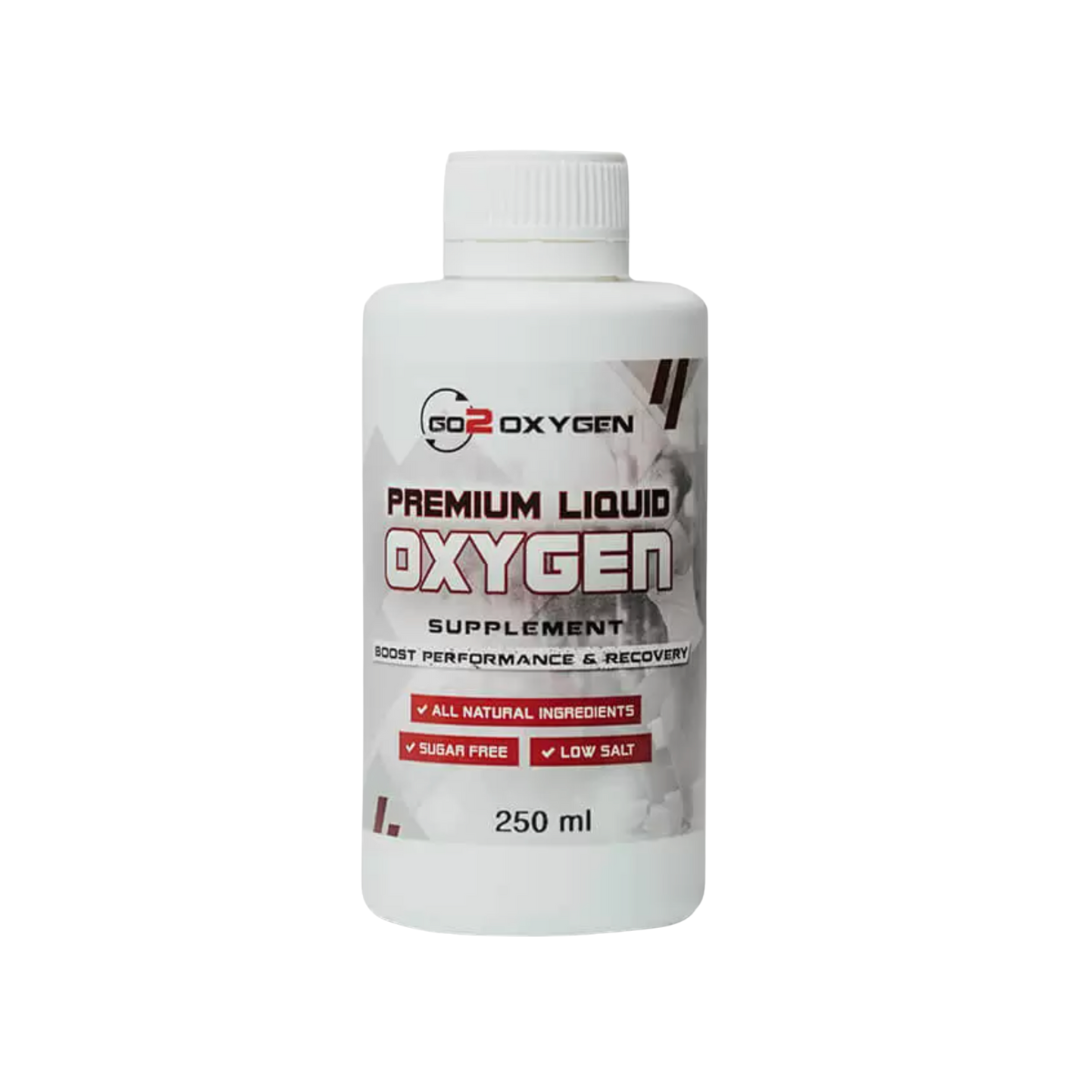What Causes Leaky Gut?
-Alcohol exposure.
-Antibiotics.
-Toxins.
-BPA
-RoundUp.
-Stress
-Nutrient deficiencies.
-Excessive exercise.
-Medications.
You Can Maintain A Healthy Gut By:
- Avoiding gut-irritating foods, such as FODMAP rich food, gluten, lectins, crispy food, raw salads, beans, etc.
- Avoid harmful food and supplement additives, such as carrageenan, guar gum, xantham gum, silicon dioxide, titanium dioxide, etc.
- Avoid an excess of alcohol. Alcohol negatively modulates gut bacteria, especially Akkermansia, and causes leaky gut (1). Research found that the more permeable the intestine, the more likely someone was to be dependant on alcohol and relapse after quitting.
- Manage stress – work, finances, family, sleep, diet, etc.
- Expose yourself to nature.
- Get sunlight – sunlight increases dopamine, is anti-bacteria and increases vitamin D. Vitamin D helps to synthesize an anti-microbial gut peptide.
🔥WHAT’S THE GOLD STANDARD SUPPLEMENT FOR GUT HEALTH?
——> ENTER: Larazotide Acetate

Larazotide acetate is a first-in-class tight junction (TJ) regulator under development as an adjunct to a GFD. Larazotide acetate appears to prevent opening of intestinal TJs by promoting TJ assembly and actin filament rearrangement, which prevents gluten from reaching the intestinal submucosa and triggering an inflammatory response.
Larazotide acetate is an oral peptide derived from zonula occludens that acts as a tight junction regulator and zonulin antagonist.
It binds to receptors of apical intestinal cells and antagonises zonulin, preventing the opening of the epithelial intestinal tight junctions caused by gluten/gliadin, glyphosate, pro-inflammatory cytokines, zonulin bacterial antigens such as lipopolysaccharide (LPS) and bacterial dysbiosis (2).
Larazotide acetate is being touted as a promising non-dietary treatment for coeliac disease and has passed multiple clinical trials (3).

References:
1. https://www.ncbi.nlm.nih.gov/pmc/articles/PMC6163243/
2. https://www.researchgate.net/publication/221687900_Larazotide_acetate_regulates_epithelial_tight_junctions_in_vitro_and_in_vivo
3. https://pubmed.ncbi.nlm.nih.gov/25683116/










































